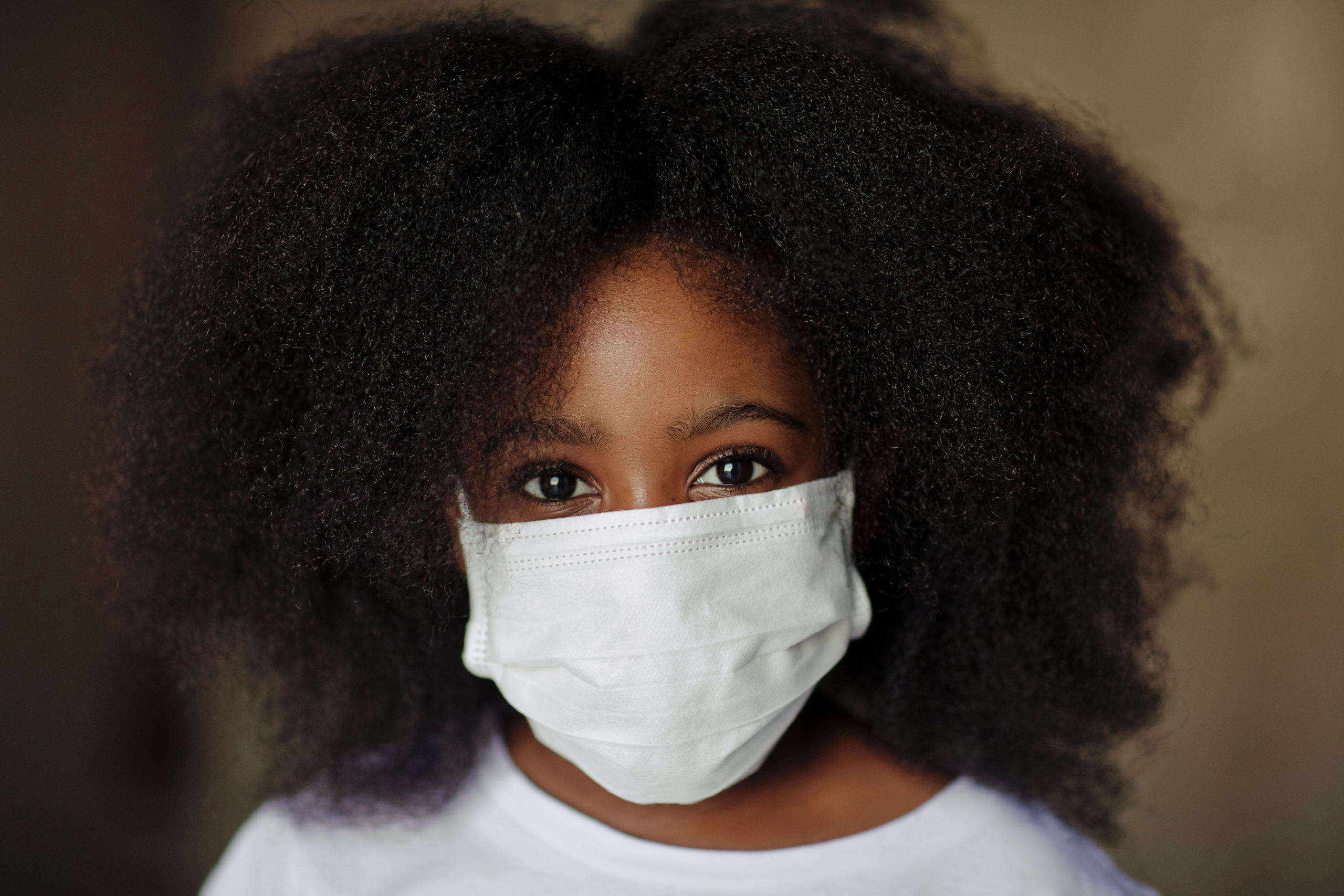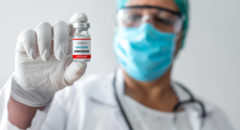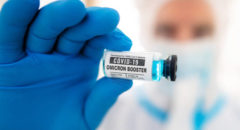
"Parents need to know that COVID-19 shots are safe and effective for kids age 12 and older," experts says.
While the Pfizer vaccine is approved in the United States for emergency use in this age group, parents may need reassurance, said Dr. Jessica Ericson, an infectious disease pediatrician at Penn State Health Children's Hospital in Hershey.
"The vaccines went through rigorous studies and were found to be safe," she said in a hospital news release. "I know people are worried about long-term effects since the vaccines have been in trials for only nine months to a year, but the majority of side effects happen in the first few days to three months, and we're well past that now."
Possible side effects in kids are the same as in adults. They include low-grade fever, body aches, fatigue and pain at the injection site. If a child has symptoms that last more than two days, such as a fever of 102 degrees or higher, parents should call the doctor, Ericson said.
There have been a dozen or so reports of heart inflammation (myocarditis) in children after getting the vaccine, but she said it's not clear if there's a direct link to the shot.
The vaccine is safe for kids with allergies or chronic health conditions, and is safe to give alongside other childhood immunizations, according to Ericson.
No adverse reactions or complications were reported from a vaccine trial with teens aged 12 to 15. The vaccine was found to be 100% effective -- a better rate than among adults.
"In the study group of 1,000 teenagers who had the vaccine, none got COVID-19 compared to 16 teens in the placebo group of 1,000 who got COVID," Ericson said. "That's pretty amazing."
Parents may hesitate to get their kids vaccinated because they may have heard that children don't get as sick with COVID-19 or spread the virus as easily.
"It is true that children are less likely to get severely ill from COVID-19 or die, but even healthy kids can get very sick and end up in the hospital," Ericson said. "The pandemic isn't over, so it's really a choice between getting natural COVID or getting the vaccine, and we know the risks of having a serious reaction to the vaccine are far smaller than the risk of serious illness from COVID."
Immunizations can save your child’s life. Because of advances in medical science, your child can be protected against more diseases than ever before. Some diseases that once injured or killed thousands of children, have been eliminated completely and others are close to extinction– primarily due to safe and effective vaccines. Polio is one example of the great impact that vaccines have had in the United States. Polio was once America’s most-feared disease, causing death and paralysis across the country, but today, thanks to vaccination, there are no reports of polio in the United States.
Vaccination is very safe and effective. Vaccines are only given to children after a long and careful review by scientists, doctors, and healthcare professionals. Vaccines will involve some discomfort and may cause pain, redness, or tenderness at the site of injection but this is minimal compared to the pain, discomfort, and trauma of the diseases these vaccines prevent. Serious side effects following vaccination, such as severe allergic reaction, are very rare. The disease-prevention benefits of getting vaccines are much greater than the possible side effects for almost all children.
Immunization protects others you care about . Children in the U.S. still get vaccine-preventable diseases. In fact, we have seen resurgences of measles and whooping cough (pertussis) over the past few years. Since 2010, there have been between 10,000 and 50,000 cases of whooping cough each year in the United States and about 10 to 20 babies, many of which were too young to be fully vaccinated, died each year. While some babies are too young to be protected by vaccination, others may not be able to receive certain vaccinations due to severe allergies, weakened immune systems from conditions like leukemia, or other reasons. To help keep them safe, you and your children who are able to get vaccinated are fully immunized. This not only protects your family, but also helps prevent the spread of these diseases to your friends and loved ones.
Immunizations can save your family time and money. A child with a vaccine-preventable disease can be denied attendance at schools or child care facilities. Some vaccine-preventable diseases can result in prolonged disabilities and can take a financial toll because of lost time at work, medical bills or long-term disability care. In contrast, getting vaccinated against these diseases is a good investment and usually covered by insurance. The Vaccines for Children program is a federally funded program that provides vaccines at no cost to children from low-income families. To find out more about the VFC program, visit https://www.cdc.gov/vaccines/programs/vfc/parents or ask your child’s health care professional.
Immunization protects future generations. Vaccines have reduced and, in some cases, eliminated many diseases that killed or severely disabled people just a few generations ago. For example, smallpox vaccination eradicated that disease worldwide. Children are nolonger vaccinaated against smallpox because the disease no longer exists. By vaccinating children against rubella (German measles), the risk that pregnant women will pass this virus on to their fetus or newborn has been dramatically decreased, and birth defects associated with that virus no longer are seen in the United States. If we continue vaccinating now, and vaccinating completely, some diseases of today may no longer be around to harm their children in the future.
Another benefit: Vaccinated children may not have to quarantine if they're exposed to COVID, so they won't have to take a break from team sports or stop seeing friends or gran









